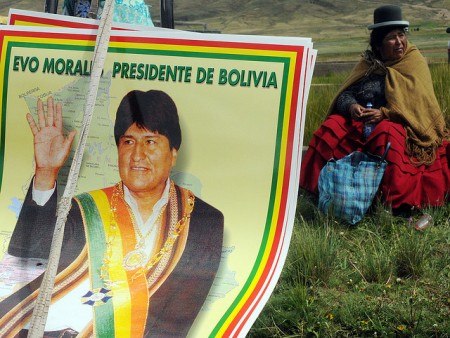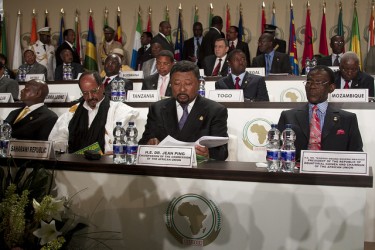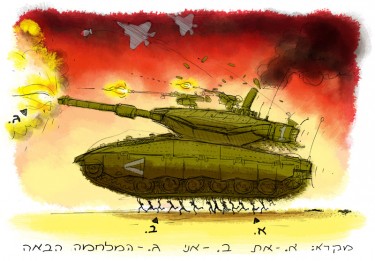![“Sometimes a penguin’s scarf is not a fashion accessory”[zh] (The figure on the left depicts Sina Weibo, and the penguin represents another microblogging siteTencent.) Image my Flickr user Inmediahk, used under CC BY-NC 2.0 “Sometimes a penguin’s scarf is not a fashion accessory”[zh] (The figure on the left depicts Sina Weibo, and the penguin represents another microblogging siteTencent.) Image my Flickr user Inmediahk, used under CC BY-NC 2.0](http://globalvoicesonline.org/wp-content/uploads/2012/07/weibo-269x300.jpg)
“Sometimes a penguin’s scarf is not a fashion accessory”[zh] (The figure on the left depicts Sina Weibo, and the penguin represents another microblogging site Tencent.) Image uploaded by Flickr user Inmediahk, used under CC BY-NC 2.0.
Before considering the rather bizarre power triangle that has come to define Internet communications and technology in China, it is important to introduce the three characters in this story:
Sina: China’s leading Internet company which is traded on NASDAQ, owns Sino Weibo, the Chinese social network often described as a Twitter-like microblogging site, though it is more like a hybrid. Sina Weibo claims to have more than 300 million registered users.
Chinese government: since the advent of the Internet in China more than a decade ago, the Communist Party (CCP) has both embraced the new technology and issued a number of policies that show its fear of it. With the CCP’s leadership transition [pdf] scheduled for next October, the government has launched special measures to tighten control over social media that highlight this contradiction.
Chinese netizens: love Chinese social networks. Contrary to Western perception, China’s netizens do not appear to miss Facebook, Twitter or YouTube (all three are blocked in China). However, Sina Weibo users get angry when their online activities are disrupted.


![“Sometimes a penguin’s scarf is not a fashion accessory”[zh] (The figure on the left depicts Sina Weibo, and the penguin represents another microblogging siteTencent.) Image my Flickr user Inmediahk, used under CC BY-NC 2.0 “Sometimes a penguin’s scarf is not a fashion accessory”[zh] (The figure on the left depicts Sina Weibo, and the penguin represents another microblogging siteTencent.) Image my Flickr user Inmediahk, used under CC BY-NC 2.0](http://globalvoicesonline.org/wp-content/uploads/2012/07/weibo-269x300.jpg)

 Equatoguinean Teodoro President Obiang and African Union Chairman Jean Ping at the African Union Summit in Malabo. Photo from Embassy of Equatorial Guinea
Equatoguinean Teodoro President Obiang and African Union Chairman Jean Ping at the African Union Summit in Malabo. Photo from Embassy of Equatorial Guinea Cartoon of The Defense Budget by Amitai Sandy. Used with permission. Text from right-to-left: A-You, B-Me, C-the next war.
Cartoon of The Defense Budget by Amitai Sandy. Used with permission. Text from right-to-left: A-You, B-Me, C-the next war.